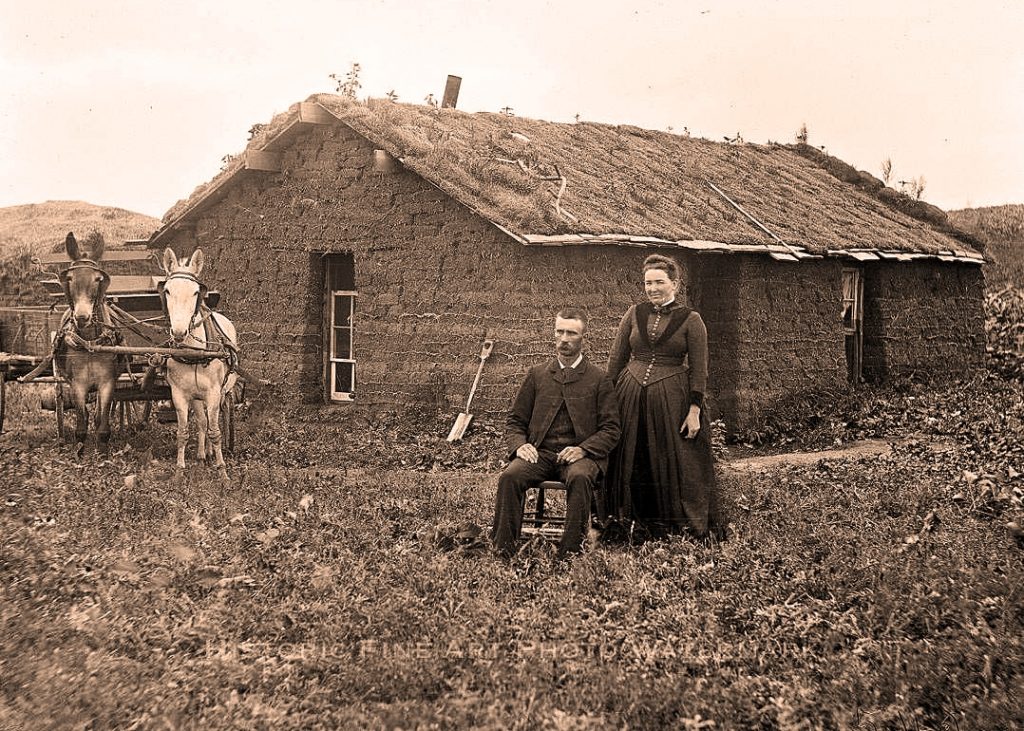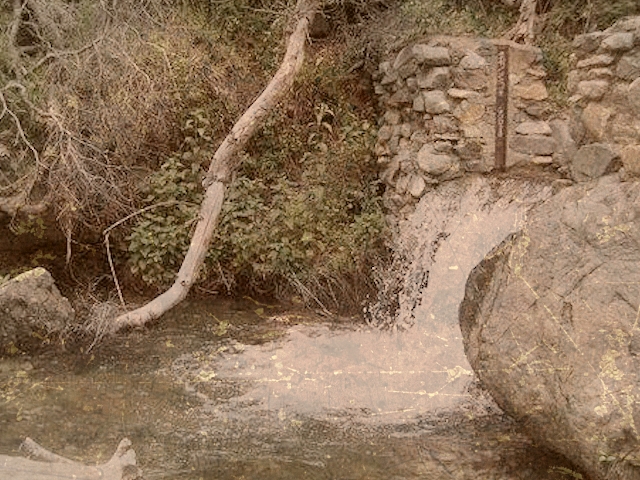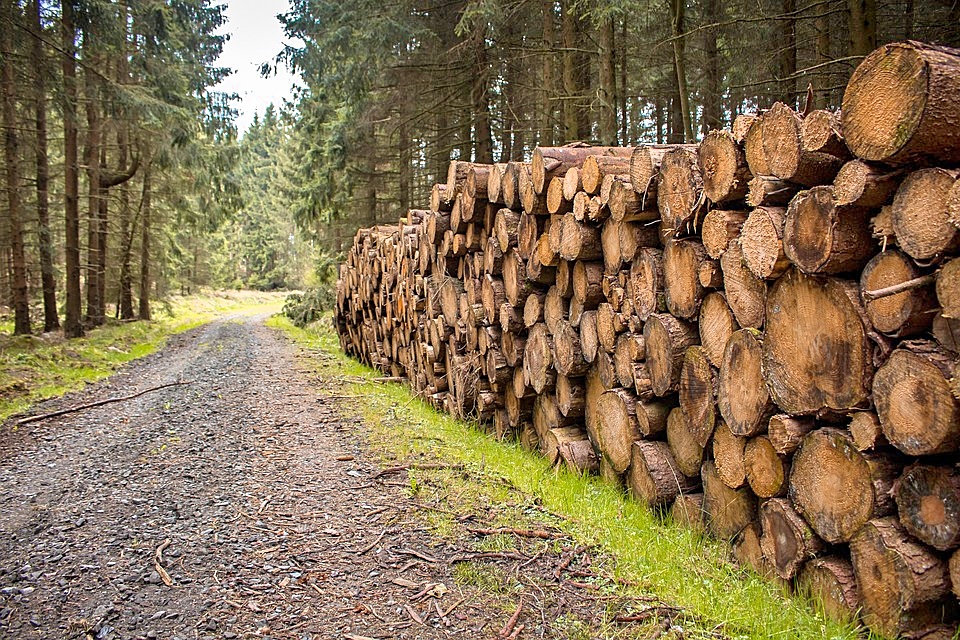Wilson and other rural Republicans pointed out that their districts are overwhelmingly composed of federal land. They said cutbacks in logging due to overregulation had limited their counties’ ability to fund basic services or protect against catastrophic wildfires.
“We used to have a vibrant economy, with good wages and good places to work,” Esquivel said. “So much of that has been shut off.”
Zach Urness
Four Republican lawmakers want to study the idea of transferring Oregon’s federal public lands to state control.
House Bill 2365 would create a task force to analyze the benefit and cost of an idea that has become a political lightning rod both nationally and locally.
The bill’s chief sponsor, Rep. Carl Wilson (R-Grants Pass), emphasized that his bill was only asking for a study. He also emphasized that neither he nor his bill intend to sell Oregon’s public land into private ownership. It would be the state making decisions, he said.
The bill is sponsored by Rep. Sal Esquivel (R–Medford), Rep. Mike Nearman (R-Independence) and Rep. Bill Post (R-Keizer).
“We’re here to discuss an idea — that’s why we get together. There is no conspiracy, as some have suggested,” Wilson said during a hearing in the House Agriculture and Natural Committee on Thursday. “I just happen to come from a county that’s close to being impoverished due to federal mismanagement of land.
“I’m not sure if this is a good or a bad idea, or how it would actually work. But I have to believe Oregonians would do a better job of caring for our lands than a federal bureaucracy.”
Every public speaker that offered testimony during the hearing opposed the concept. Conservation and sportsman’s groups said Oregon couldn’t afford to manage huge new swaths of federal land, pointing to the state’s plan to sell 83,000-acre Elliott State Forest as evidence of the threat of privatization.
“The ultimate outcome of this bill would not be state land management of our public lands,” said Dan Morse, conservation director for the Oregon Natural Desert Association. “The more likely outcome would be the future sale of our public lands when the state can’t reasonably afford to manage them.”
The groups, and some of the lawmakers in attendance, also disputed the need to fund a task force during a session in which Oregon is facing a $1.8 billion shortfall.
“It seems irresponsible in a climate when the state of Oregon is facing economic woes to run a task force that is both unnecessary and probably unable to accomplish its goals,” said Tom Wolf with Trout Unlimited.
Wilson and other rural Republicans pointed out that their districts are overwhelmingly composed of federal land. They said cutbacks in logging due to overregulation had limited their counties’ ability to fund basic services or protect against catastrophic wildfires.
“We used to have a vibrant economy, with good wages and good places to work,” Esquivel said. “So much of that has been shut off.”
The hope, lawmakers said, was that in studying this possibility — of looking at how state control might work — they could examine one way of improving rural economies.
“We want to have a conversation about what (this transfer) of land would look like,” said Rep. David Brock Smith (R-Port Orford). “We’ve been asking for this task force for four years — just to look at the pros and cons.”
Note: The bill specifically exempts national parks, monuments, wilderness areas and tribal lands from being considered for transfer to the state.
Federal land ownership in Oregon
* 53 percent of land in Oregon, or 32.6 million acres, is owned by the federal government
* Oregon has 11 national forests covering 15 million acres
* Oregon has 15.7 million acres managed by nine federal Bureau of Land Management districts
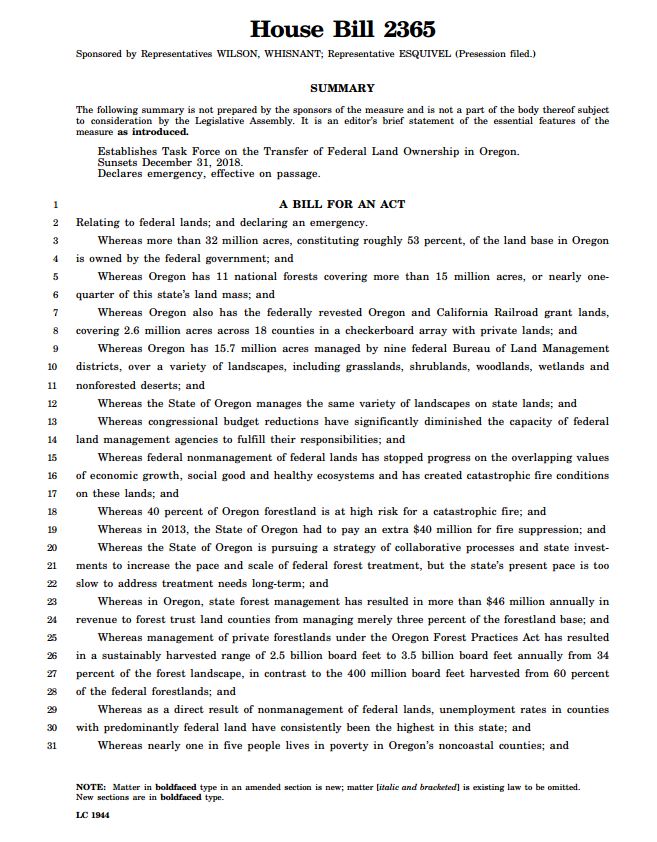
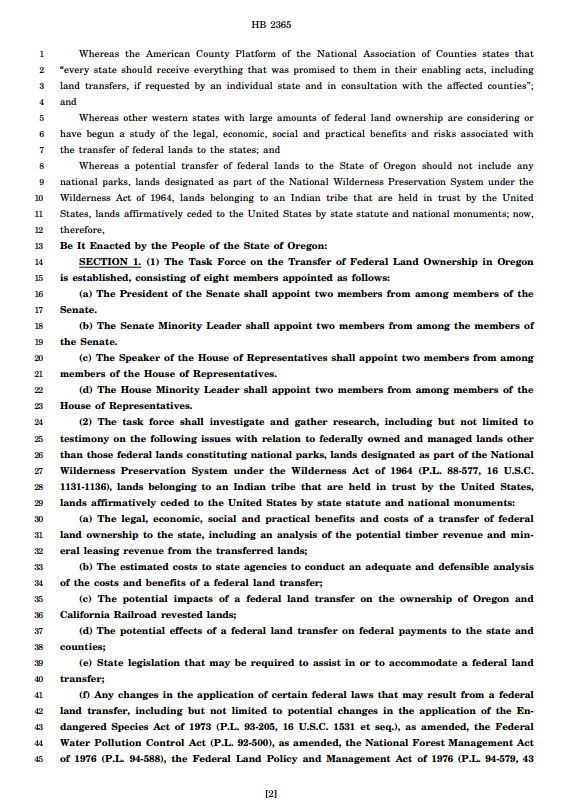
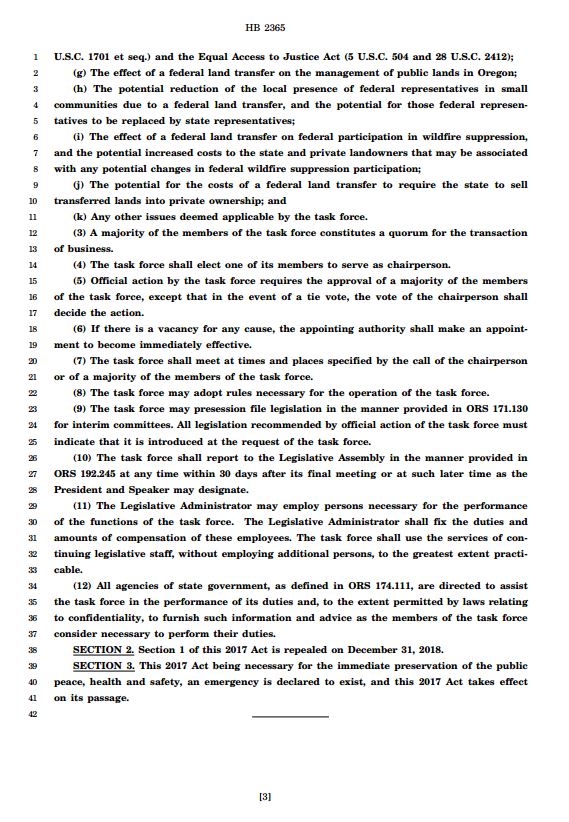
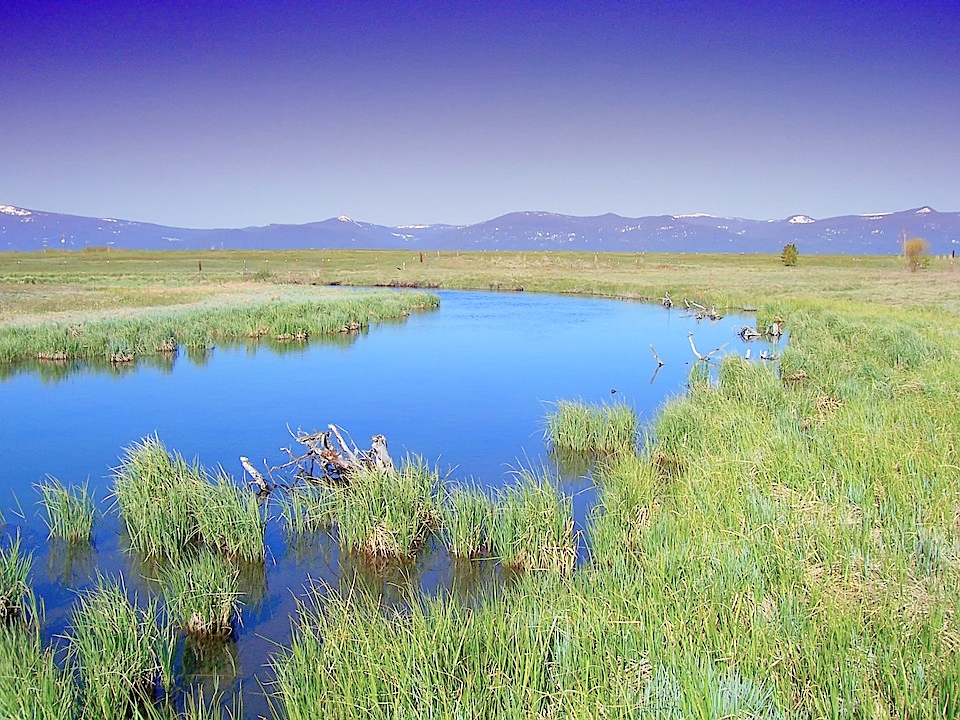
Free Range Report
